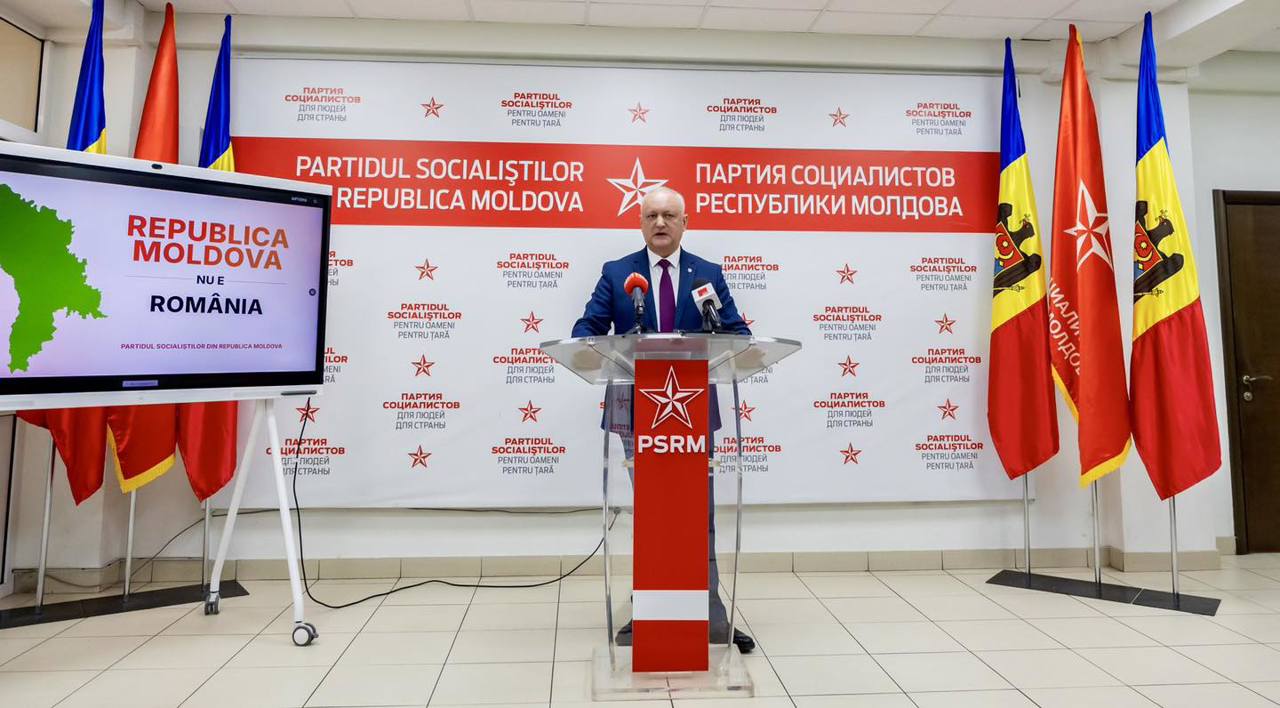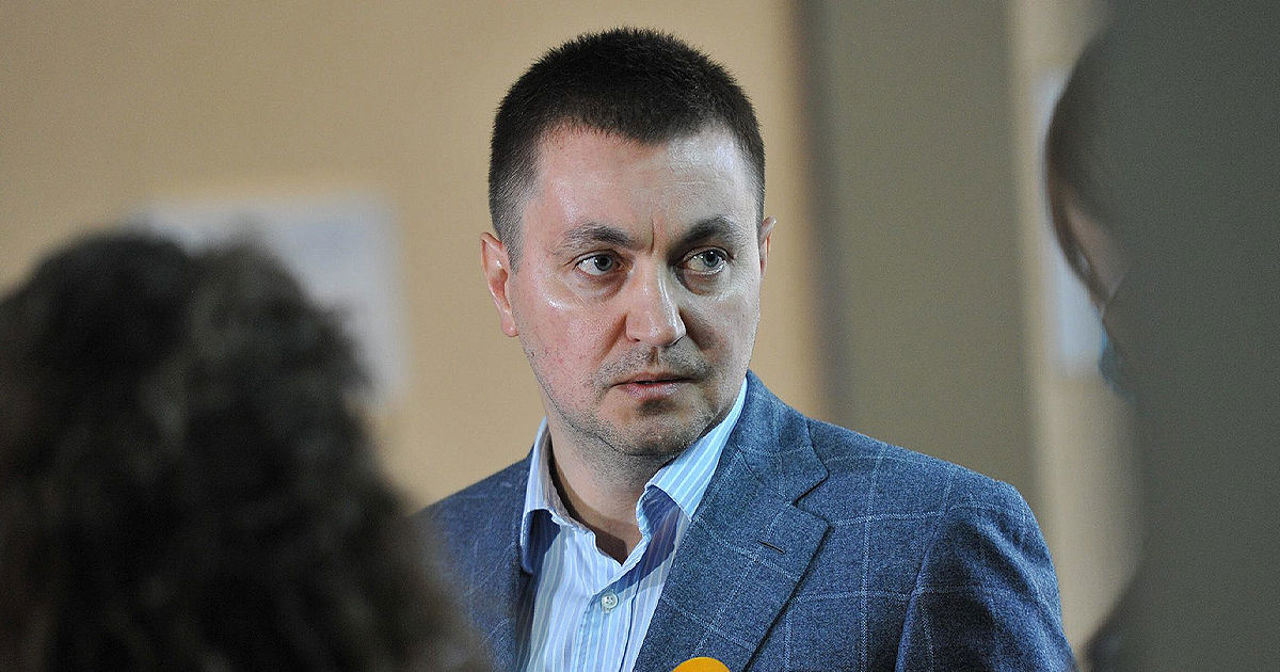Moldova opens doors to foreign workers
In a bold move to tackle chronic labour shortages, Moldova is preparing to significantly loosen its immigration restrictions, paving the way for workers from Turkey, Armenia, Ukraine, Georgia, and the Balkan countries.

This policy shift, spearheaded by Minister of Economic Development and Digitization Dumitru Alaiba, aims to revitalise the economy by addressing workforce gaps across various sectors.
"We are embarking on a significant liberalisation of our labour market," declared Alaiba in a recent interview with RliveTV. "Across the region, from north to south, big and small economies alike, they all face the same challenge: a dearth of skilled labour. To propel our GDP forward, we need talent – from within or beyond our borders – to work for Moldovan companies and generate value for the national economy."
This initiative builds upon Alaiba's earlier pronouncements in May, when he pledged to dismantle bureaucratic hurdles and welcome foreign workers into the domestic workforce. He subsequently championed a legislative amendment streamlining the work permit process for foreigners, ultimately securing parliamentary approval.
The revamped legislation expands the pool of eligible foreign workers beyond the existing 18 categories. Citizens from all 27 EU member states, in addition to countries with established trade and investment ties to Moldova, will now be able to readily obtain work permits. Furthermore, the maximum working hours for foreign students have been tripled, from 10 to 30 per week, empowering them to contribute more meaningfully while pursuing their studies.
Addressing a Pressing Economic Need
Moldova's labour market has been wrestling with a persistent shortage of skilled professionals, particularly in key sectors such as construction, agriculture, and IT. This dearth has impeded economic growth and constrained the country's potential. By actively attracting foreign talent, Moldova hopes to bridge these critical workforce gaps and unlock new avenues for economic development.
Navigating Potential Challenges
While the policy shift holds enormous economic promise, it also necessitates proactive management of potential challenges. The influx of foreign workers could exert pressure on wages and housing availability, demanding astute fiscal and housing policies. Additionally, fostering social integration will require targeted efforts to ensure a smooth transition for both foreign and domestic workers.
Moldova's bold manoeuvre to liberalise its labour market represents a significant departure from its previous immigration stance. With careful planning and execution, this move has the potential to attract crucial talent, invigorate the economy, and propel Moldova's development trajectory. However, success hinges on the government's ability to effectively address potential challenges and ensure a smooth transition for all stakeholders involved.
Translation by Iurie Tataru






